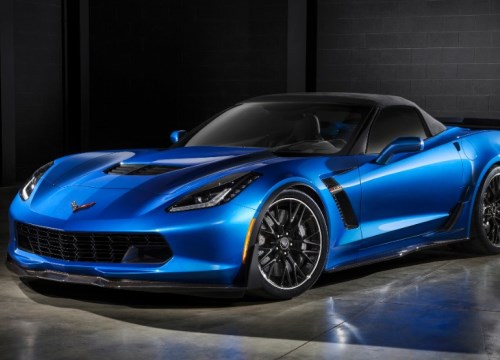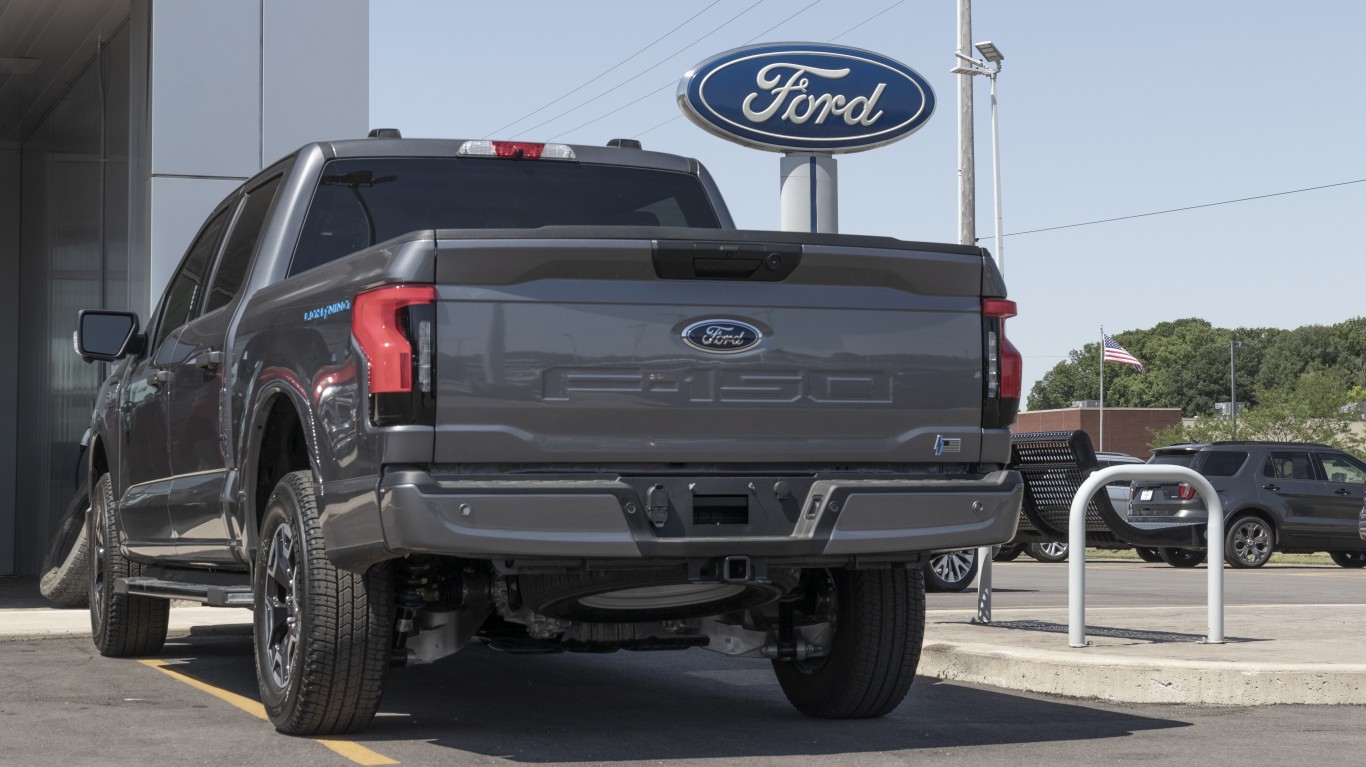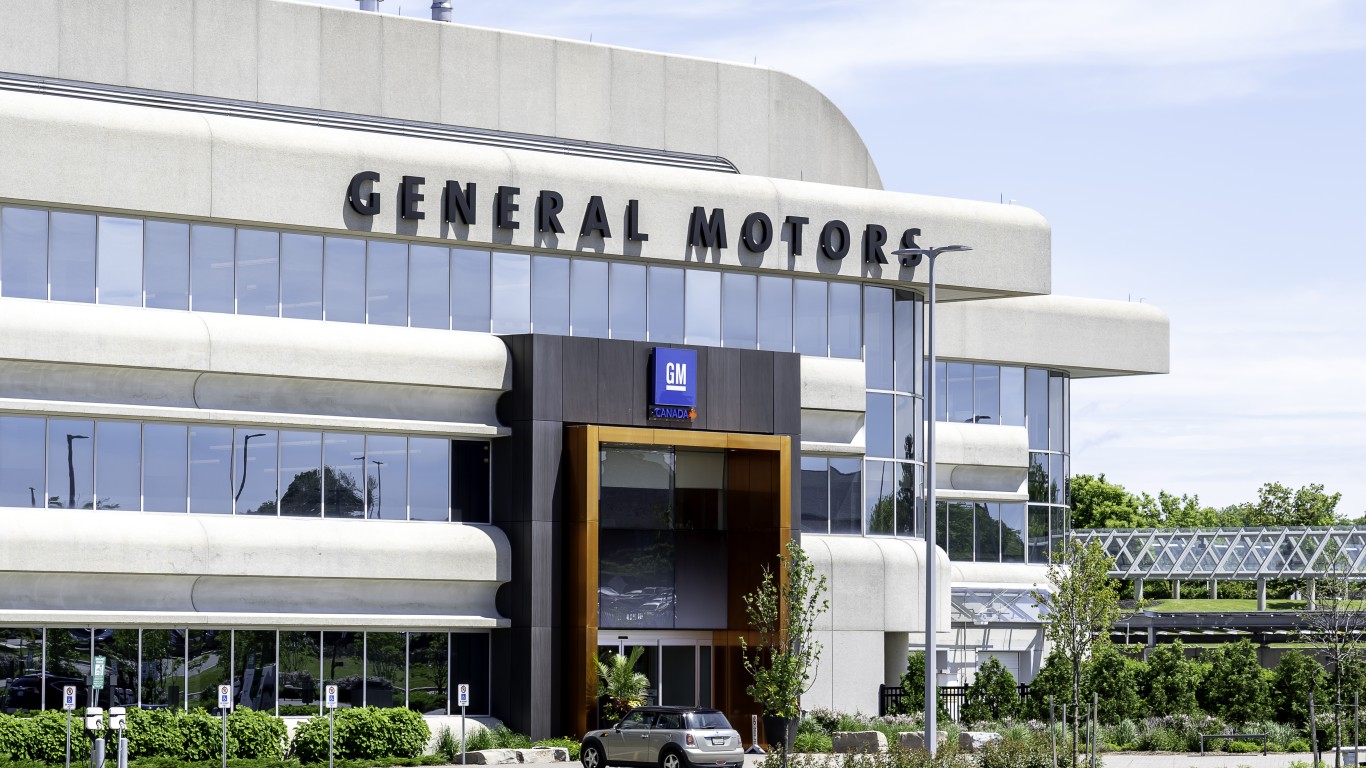
General Motors Co. (NYSE: GM) continues to sell more cars than any other maker despite the millions of recalls. Or perhaps it is because of the recalls — GM may have dodged a real bullet here with the decisive action the company took to recall cars for what often seemed like almost trivial reasons. GM sold 256,160 units in July, down from June sales of 267,461 (4.2%). Transaction prices were essentially flat month-over-month. GM continues to lead with a 17.9% share of the market.
Toyota Motor Corp. (NYSE: TM) sold 215,802 units in July, above the KBB estimate of 213,000 and below the edmunds.com estimate of around 217,000. The company sold 193,000 units a year ago, so sales rose nearly 12% year-over-year. The average transaction price rose 1.8% year-over-year as well. Toyota’s market share is 15.1%.
Ford Motor Co. (NYSE: F) was forecast to sell up to 213,000 units in July and ended selling 211,467. Sales of its F-Series pickups remained strong even though the company is preparing to roll out the aluminum-bodied version later this year. SUV sales were also very solid. Transaction prices were up 1.1% year-over-year and 2.2% month-over-month. Ford claims 14.8% of the U.S. market.
Chrysler Group LLC sold 167,667 units in July, short of KBB’s estimate of 172,000 and the edmunds.com estimate of about 171,000. Sales were up nearly 20% year-over-year as the company’s new Jeep Cherokee remains a top seller, joining the Ram pickups. The average transaction price rose 3.7% year-over-year, and Chrysler claims an 11.7% share of the market.
American Honda, the U.S. division of Honda Motor Co. Ltd. (NYSE: HMC) sold 135,908 units in July, well short of KBB’s estimate of 151,000 units and the edmunds.com estimate of about 145,000. Honda still holds a 9.5% share of the U.S. market, but that’s down nearly 4% year-over-year. Average transaction price is also down 1.4% year-over-year.
Even Nissan Motor Co. Ltd. projected to post growth of about 15% year-over-year fell short of estimates, selling 121,452 units, up 12.6% year-over-year. Nissan’s market share is 8.5%. The not-so-good news for the company is that its transaction price dropped 3.7% year-over-year.
The loser remains Volkswagen AG which sold just 49,469 units in July, a drop of 5.4% year-over-year and 6.1% from June. The sales total actually beat the edmunds.com estimate of around 48,000, but was well short of KBB’s 54,000 forecast. VW holds just 3.5% market share in the U.S., but the company was able to hold the line on pricing, with a gain of 2.7% in its average transaction price. Although the Audi group’s sales rose more than 13% from July of 2013, VW sales dropped 13.6%.
Overall, the month of July was good, but not great. The companies that posted the best gains were those that had new or refreshed models for sales. Americans like the idea of new when it comes to new cars.
The seasonally adjusted annual rate (SAAR) of sales fell from around 17 million to around 16.8 million. That’s still higher than last year’s July SAAR of less than 16 million units. Access to financing has eased, leading some analysts to worry about sub-prime lending and a possible bubble in new car sales. Maybe that will turn out to be the case, but right now it remains a remote possibility.
ALSO READ: Cars So Hot They Are Out of Stock 2014
Thank you for reading! Have some feedback for us?
Contact the 24/7 Wall St. editorial team.



